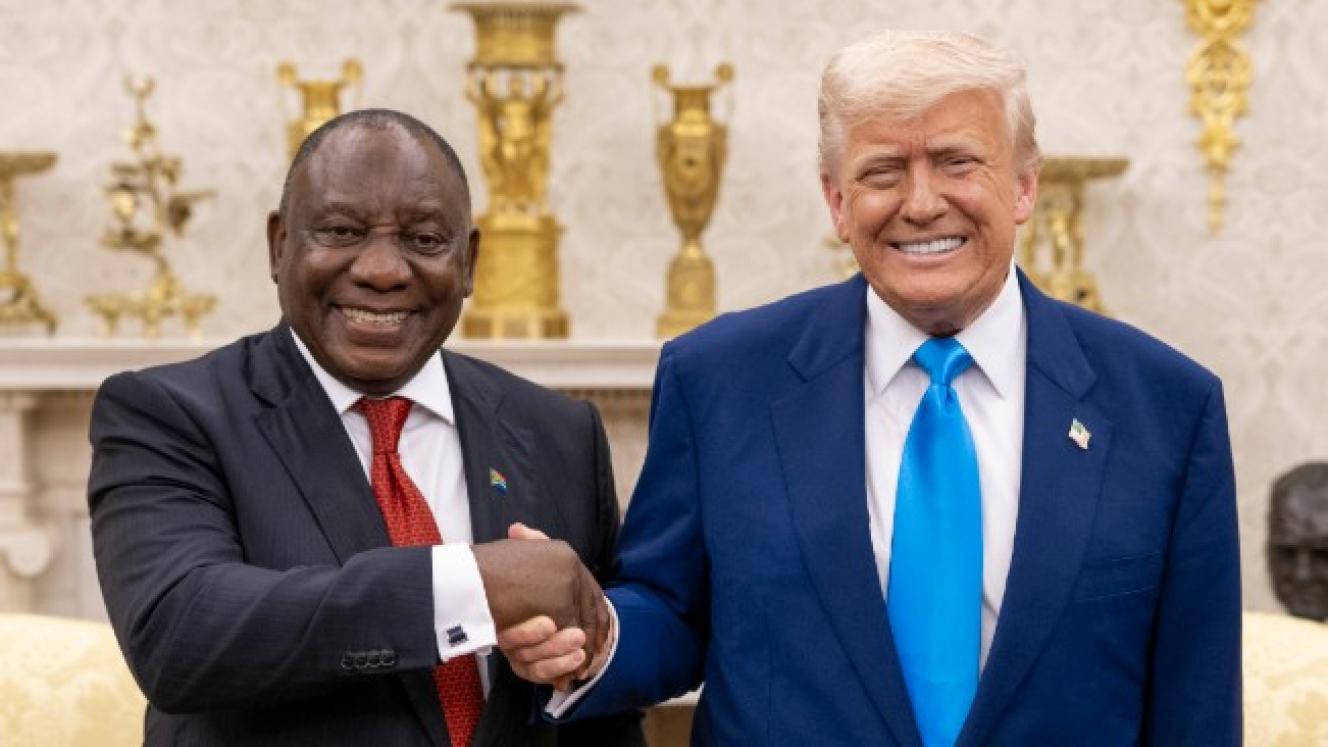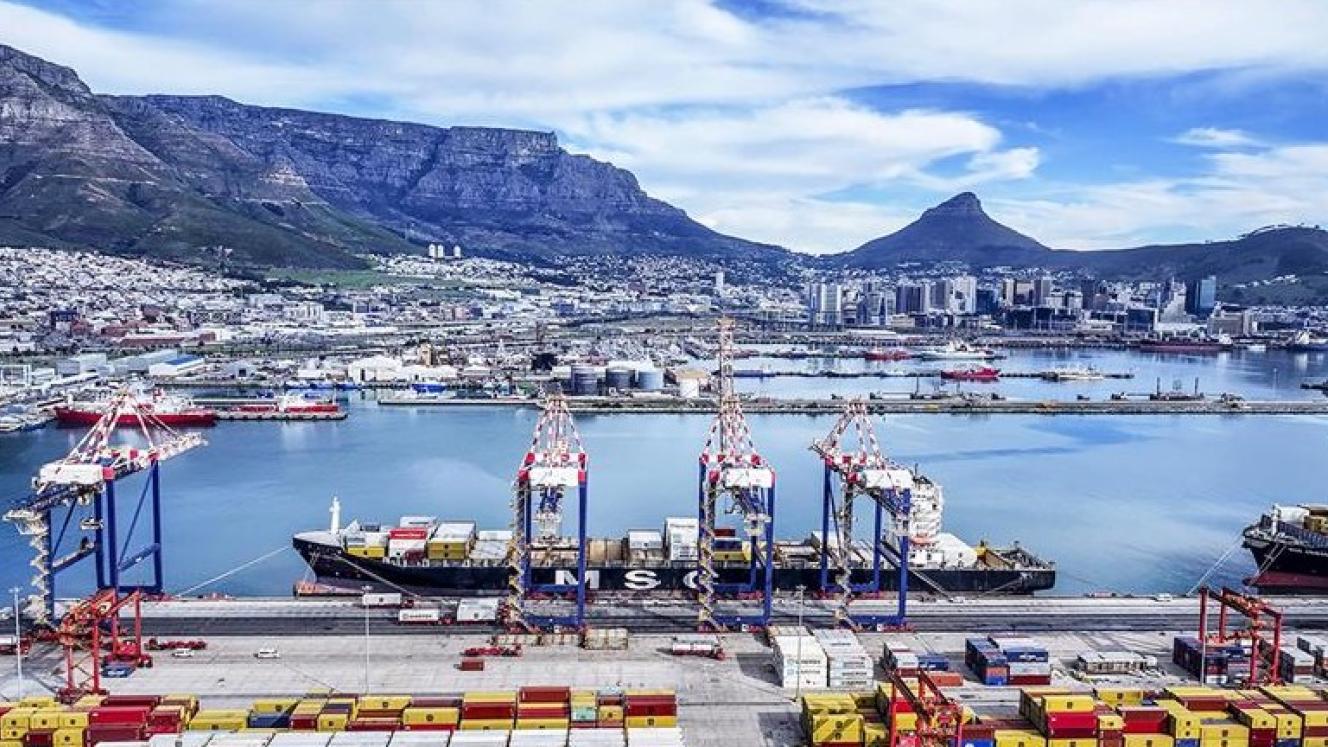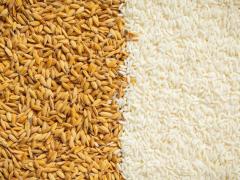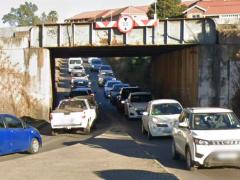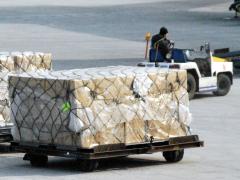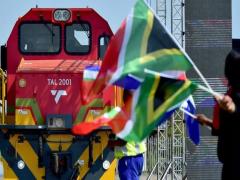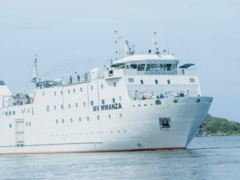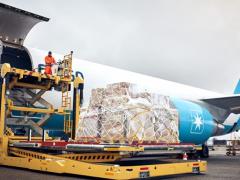The Department of Trade, Industry and Competition has finally broken its silence about negotiations with the United States to avoid Friday’s implementation of 30% tariffs on South African exports.
However, departmental spokesperson Kaamil Alli simply said that negotiations were at a sensitive stage and that more information would be forthcoming when it was available.
With only days remaining before the August 1 deadline, he said it was a sensitive matter and that negotiations were being conducted behind closed doors and that it was being treated with the necessary care and concern it deserved.
Alli’s remarks follow Trade, Industry and Competition Minister Parks Tau’s remarks to Parliament last week that government had signed a document with US trade representative Jamieson Greer.
Although scant on detail, Tau said it was based on preliminary conditions to suspend proposed tariff increases.
Alli would not provide any further detail, only adding that it was not a trade agreement.
At the same time, Ramaphosa said during a visit to BMW’s assembly plant in Rosslyn that the process for an amicable bilaterally beneficial trade process with the US was still ongoing.
He acknowledged the urgency of resolution and transparency for the sake of South Africa’s trade concerns, but added that negotiations must be carried out in an orderly manner.
He said various reciprocal arrangements had been tabled.
Agriculture Minister John Steenhuisen said government was still waiting for a template of trade the US said it would provide to its South African counterparts in June.
He said a provisional set of recommended trade arrangements sent to the US in June had also not been received from Greer’s office.
Adding complexity to South Africa’s precarious position in relation to the ANC’s ideological differences with the current US administration, are reports out this morning that Ramaphosa told the Liberation Movement Summit in Kempton Park on Saturday that South Africa would not be dictated to on foreign policy matters.
In a thinly veiled threat to stay out of South Africa’s sovereign affairs, International Relations and Cooperation Minister Ronald Lamola said the government didn’t dictate to other states on foreign policy affairs and expected the same from other countries like America.
Also present at the Summit was Djibril Radjoeb, secretary-general of Fatah, who thanked South Africa for its support of the Palestinian people in Gaza.
President Donald Trump has, on more than one occasion, cited South Africa’s relations with “malign actors” as one of the reasons for deteriorating trade relations with the US.
On Monday morning, Terry Gale, who chairs the Exporters Western Cape and who has been very vocal about the silence regarding government’s trade negotiations with the US, again pleaded for an update on the critical situation.
“We have read that the process is taking place behind the scenes, but we have no concrete evidence of this, or what is being negotiated.”
As he has stated in the past, Gale said if Friday’s tariff increases are not avoided, it will result in a jobs bloodbath across the region.
Communities like Citrusdal have a micro-economy that consists entirely of citrus production tailored for the US market, involving specific cold chain requirements and direct shipping logistics.
If preferential access to the US market is lost, it will be one of the communities that will likely be hardest hit by Trump tariffs.
Gale reiterated that it was one of many examples of how South Africa could not afford to lose trade benefits with the US.
“It is all good and well to look at other trading partners. No other country offers the opportunities to our exporters that the US does.”
The direct service for reefer exports from Cape Town to the Port of Newark takes 16-18 days, Gale said.
“No other trade lane can compete!”
